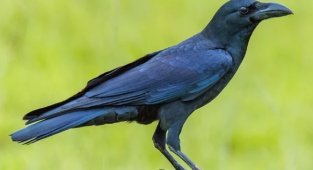Who changes their eye color and who rubs themselves with ants: unusual facts about animals (22 photos)
How much do you know about wildlife? There are some animal characteristics that can truly surprise you. For example, flamingos in zoos reproduce better if there are mirrors, and crows are specially rubbed with ants. We talk about this and other features of animals in the material. 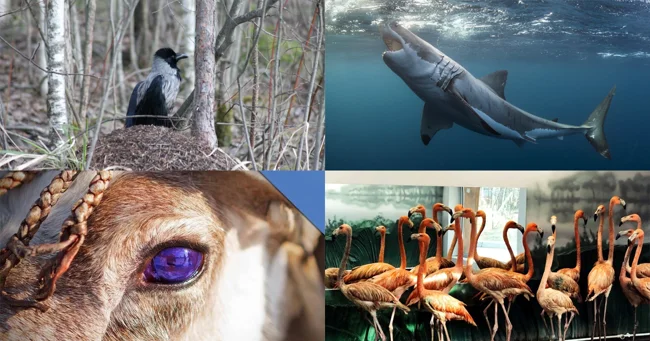
Crows rub against ants 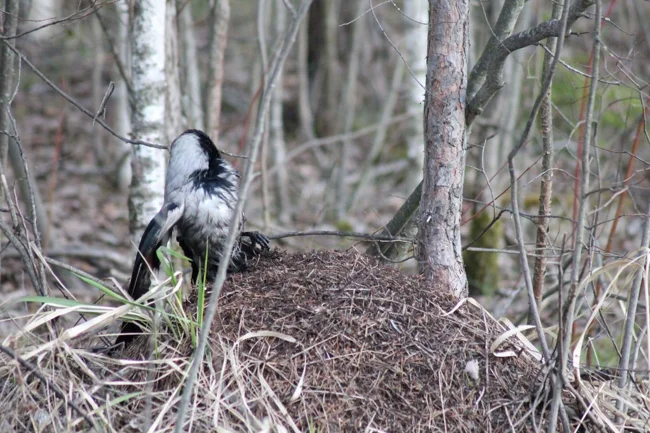
According to research, crows and some other birds specifically crush ants and rub them together, much like we do with shower gel or soap. 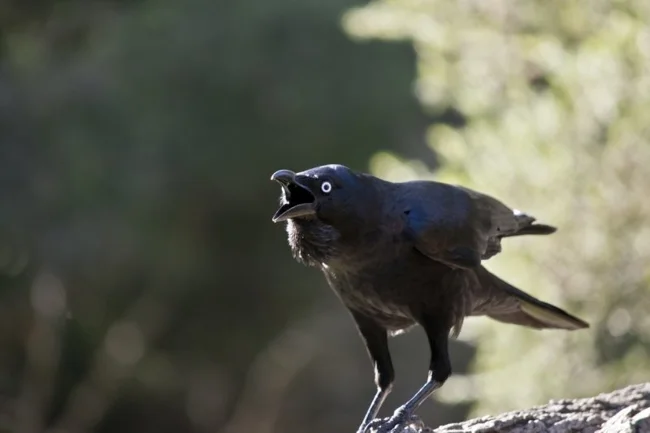
Sometimes birds deliberately grab them with their beaks or literally fall onto a flock of ants. All this in order to get rid of parasites: formic acid helps them eradicate the small “inhabitants” of feathers and grow new plumage. But this is not certain: the fact is that crows can also do this so that the ants specifically treat their feathers with their saliva.
Not only screams, but also survives 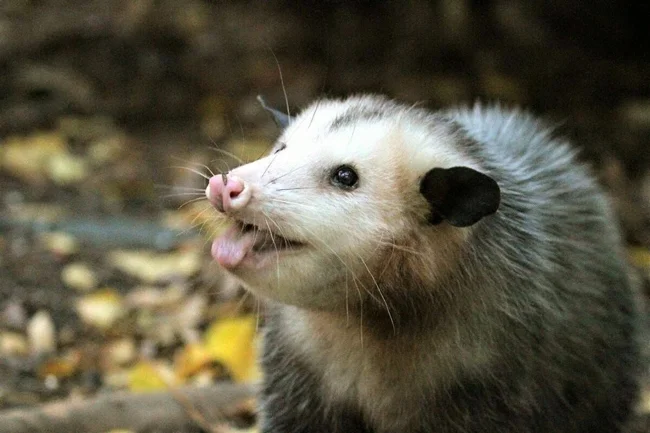
The opossum is the same animal that practically does not differ in the way it lives from some people: it eats, sleeps, yells, loves all kinds of rubbish. But it is important that this animal, among other things, is also a survivor. 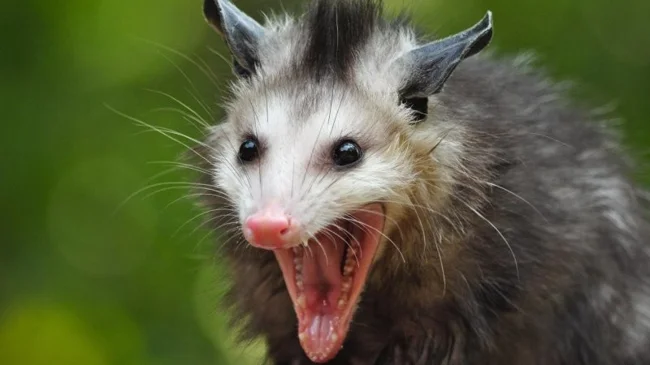
The American opossum turns out to have a special LTNF protein that can neutralize deadly toxins and poisons. That is, the opossum can survive both the action of the most dangerous plant poison, ricin, and the bite of a poisonous snake.
You are not a shark's delicacy 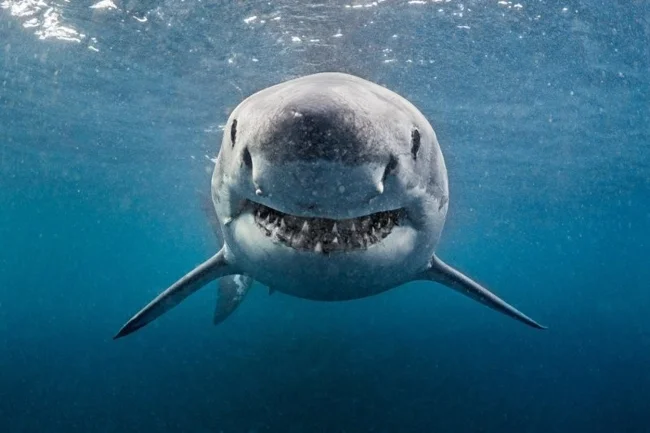
In fact, although white sharks can attack people, they are not that dangerous to us. The digestion of marine predators is too slow to cope with a human carcass: we have too high a ratio of bones, muscles and fat. 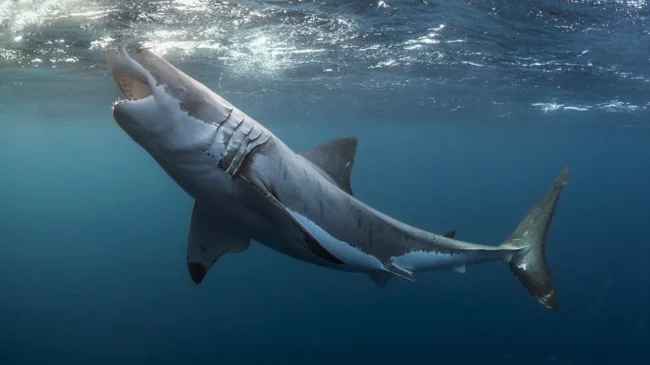
But whales are excellent food for white sharks. One individual alone can satiate itself with only thirty kilograms of whale fat for a month and a half. How do you like this diet?
Rattlesnakes, very rattlesnakes 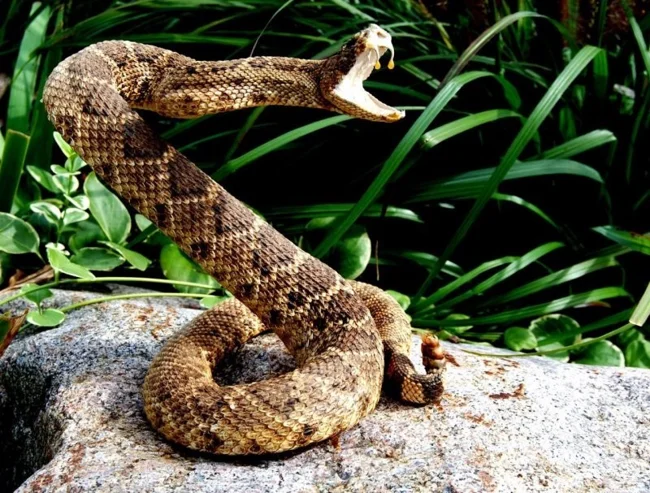
Every animal has a need to survive. The sound of a rattlesnake is no exception; if you hear this unpleasant sound, it's time to take action.
But it is also true that rattlesnakes can increase the frequency of sound from 40 to 100 Hz so that a predator, or, for example, a person, can believe that they are closer than they really seem. They have had this property for millions of years.
Beautiful reindeer 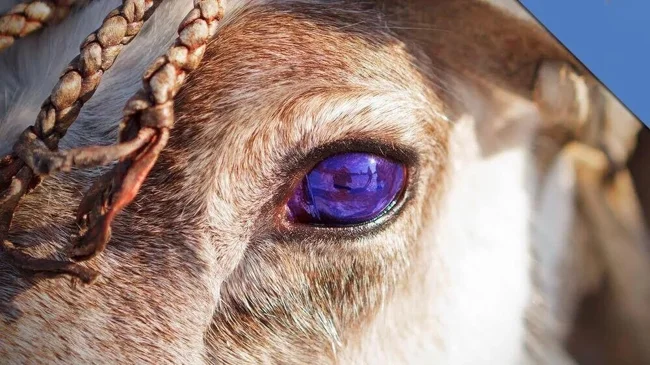
Reindeer, it turns out, can change eye color. Not just like that, of course, but in order to regulate the amount of light that enters the eyes at different times of the year.
So, for example, in the summer their eyes will be golden, and in the winter they will be dark blue. This is because there is a shiny mirror layer behind the retina. It helps animals see in the dark. When light enters the eye, most of it goes to the sensitive cells of the retina. Sometimes, however, the light does not hit the target, and the mirror layer again reflects it onto the retina. 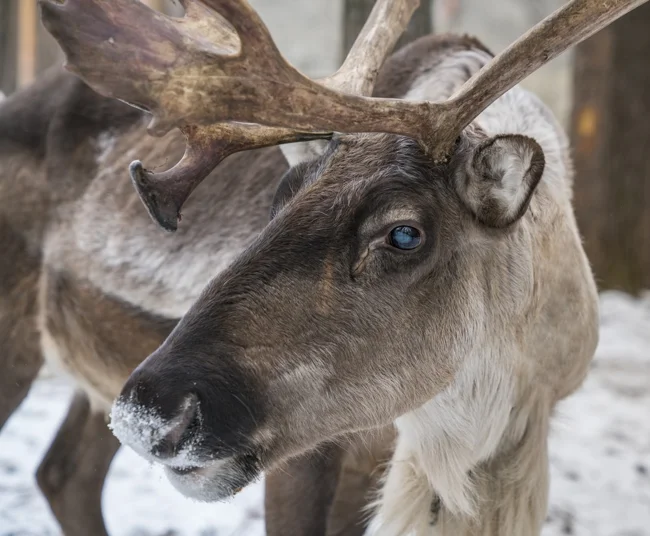
In most animals, this layer is constantly golden, but reindeer, due to conditions where they often have to exist in the dark or in the light, can capture even more light with the help of blue eyes.
Compass birds 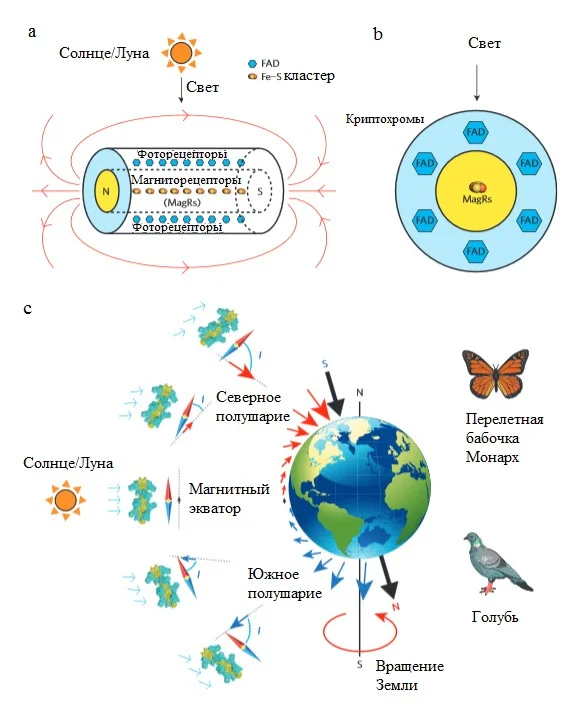
Most birds have a kind of natural compass in their eyes. Their retina is filled with the protein cryptochrome, which is sensitive to the magnetic fields of our planet. This is probably why birds can see cardinal directions above their normal vision.
True, this is not yet certain. This protein exists in many other animals: bats, turtles, ants, mole rats, sharks, and even humans. And although we have it, our brains don't seem to be able to decipher the information we receive from the protein.
Flamingo exhibitionists 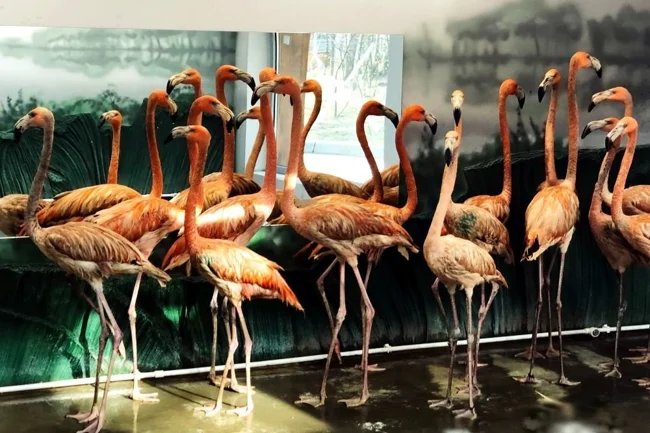
Many birds do not reproduce well in small flocks. In particular, we are talking about flamingos. And all because mating makes their small flocks too vulnerable to predators. Why? But because at this moment it is easy to attack them.
True, these birds can be easily deceived. In zoos they put large mirrors for this, and so the birds think that there are many more of them. And it’s more comfortable for them, more familiar.
The biggest flyer 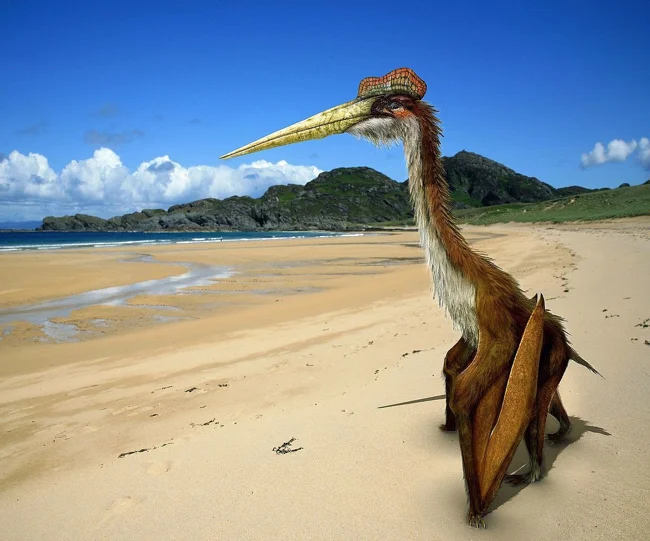
It is worth understanding that among the extinct animals there are those who, in principle, exceed all our ideas about the possible limits of nature.
One of these animals was Quetzalcoatlus. This is a pterosaur that was the size of a giraffe. Its wingspan was more than 10 meters, and it could fly almost 16 thousand kilometers. But to do this, it was necessary to stock up on resources. In particular, about 72 kilograms of fat deposits were burned during the flight.
Battleship Palatkin 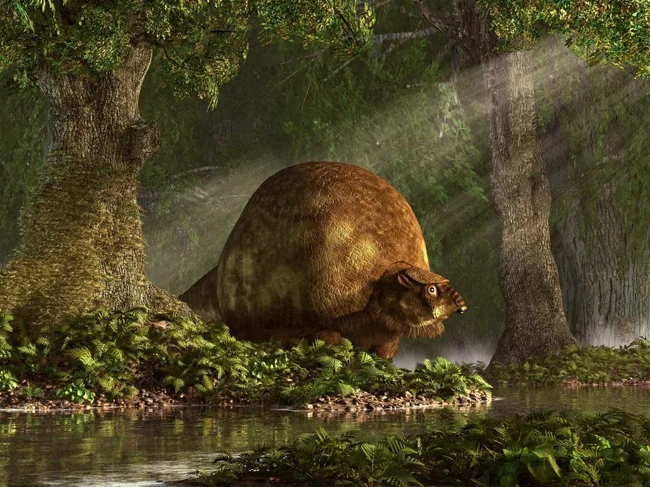
Another extinct animal species, Glyptodon, was one of the few megafauna to be discovered by the first human. 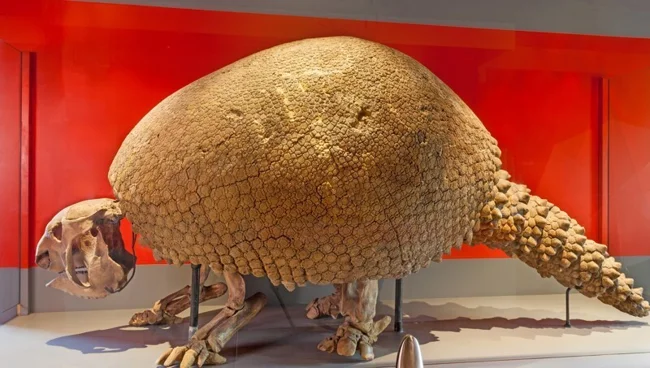
It became extinct approximately 10 thousand years ago. But the first people hunted him. And it wasn't just the meat. In addition to food, its shell could be used as shelter from snow and rain. And if desired, also as a tent. He lived in South America, and the people there are very inventive.
Reason for vegetarianism 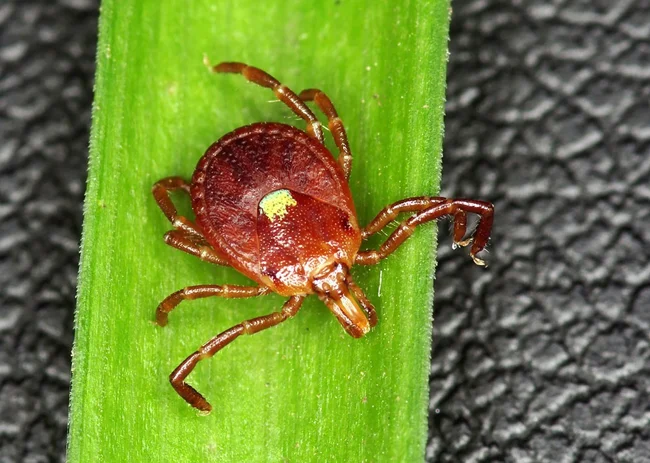
It turns out that meat allergies are not a fiction. If a person is bitten by a tiny Lone Star tick, he will forever lose the pleasure of eating red meat and the meat of some birds.
And all because the saliva of this tick injects a sugar molecule found in red meat, which causes the production of antibodies in humans. The immune system is eventually forced to remember this sugar, and a person experiences an allergy after just one piece of meat.
The tick is found in South America, so there is no need to worry.
Whale athlete 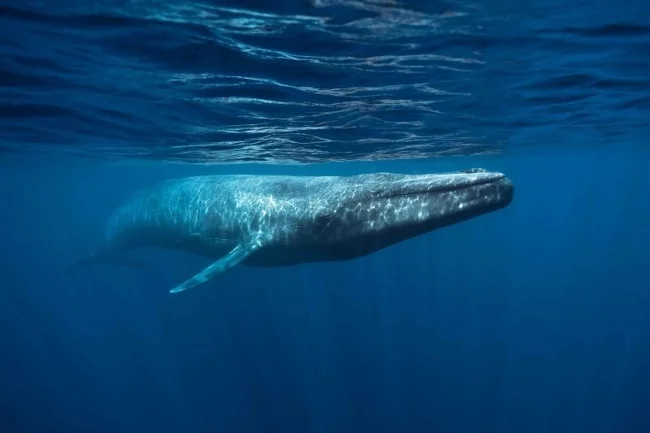
A blue whale burns between 770 and 1,900 calories in just one bite. However, if it attacks a large school of fish, it can eat almost 500 kilograms. And this is 500 thousand calories in just one sip.
So even if he spends a huge amount of resources on food, he then more than compensates for everything.
Poisonous frogs 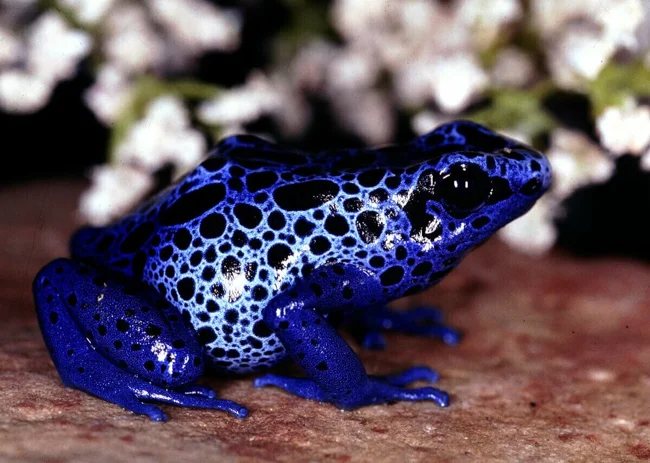
There are dart frogs in the world that are very, very toxic. But scientists have long puzzled over why frogs raised in captivity become completely harmless.
But everything turned out to be simple: these same frogs do not produce their own poison at all. It gets its toxin from ants, millipedes and mites. All this is concentrated in their bodies and is even passed on to their offspring: females, when laying eggs, leave traces of poisonous alkaloids in order to protect the offspring and feed the tadpoles.
Sly spider 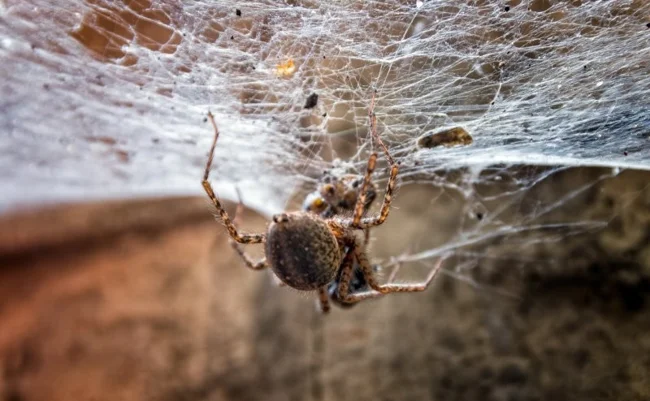
There are spiders that specifically build “models” of their large relatives. Everything is used as material: leaves, egg sacs and dead insects. This spider lives in the Amazon and is called Cyclosa.
Scientists believe that in this way small spiders protect themselves from predators. In addition, it can also be a bait for unlucky hunters who end up becoming prey themselves.
War of the sexes among ants 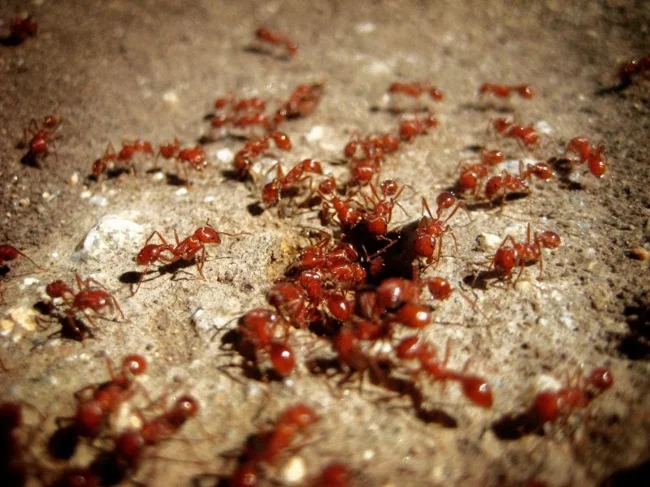
Male fire ants capture the eggs of their own females. Why? Because their sperm can remove the female's DNA. They end up growing clones of themselves.
True, female queens also recreate clones of themselves so that the female line exists. As a result, the two different sexes have their own independent gene pools.
Live fast, die in your sleep 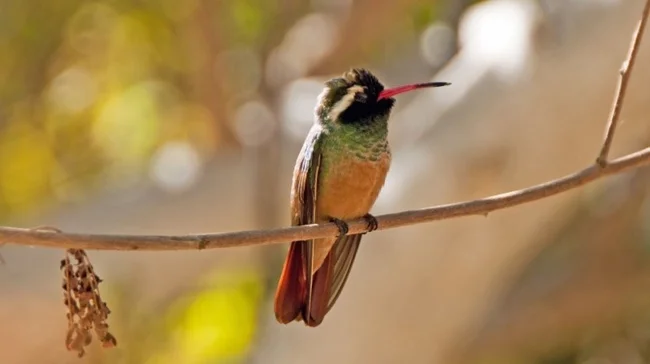
Hummingbirds are one of the most unusual birds in the world. Not only are they tiny creatures that flap their wings incredibly fast, but they also go into suspended animation just to sleep. 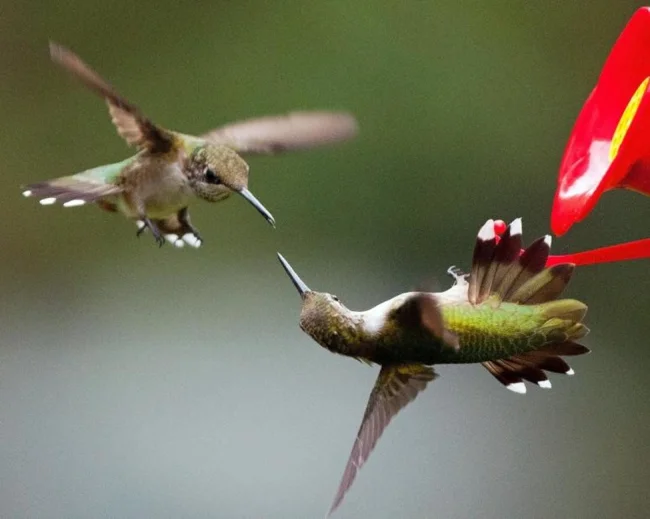
The thing is that the metabolism of these birds is so fast that they can literally die in their sleep from hunger. Hummingbirds living in the Andes are forced to slow their heart rate from 1200 beats per second to forty, and their body temperature drops from 40 degrees to three. So a hummingbird sitting upside down is most likely just sleeping and not dead.
